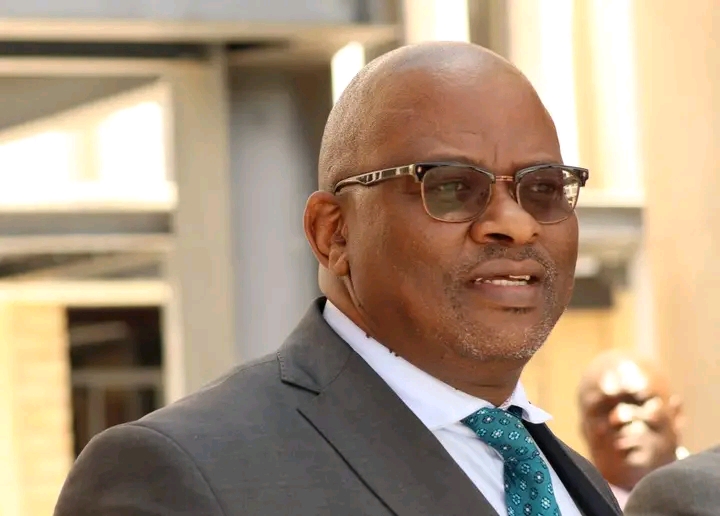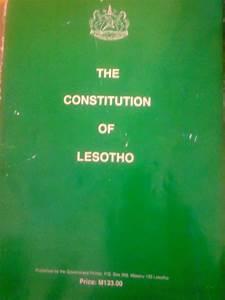The right of return is a principle in international law that guarantees everyone’s right of voluntary return to, or re-entry to, their country of origin or citizenship.
The right of return is part of the broader human rights concept of freedom of movement protected by both the constitutions of South Africa and Lesotho.
Section 21(2) of the South African constitution states that everyone has the right to leave the Republic.
Section 7(1) of the Lesotho constitution, on the other hand, states that every person shall be entitled to freedom of movement.
That is to say, the right to move freely throughout Lesotho, the right to reside in any part of Lesotho, the right to enter Lesotho, the right to leave Lesotho, and immunity from expulsion from Lesotho.
While the South African constitution does not restrict this right, Lesotho’s constitution provides that nothing contained in or done under the authority of any law shall be held to be a violation of this right.
The right of return also allows stateless persons and those born outside their country to return for the first time, so long as they have maintained a genuine and effective link.
Last year the local media reported that Basotho who were rescued by the government from South Africa were fined for overstaying in that country and locked up until they paid the fines.
Minister in the Prime Minister’s Office, Limpho Tau, then vowed that the Lesotho government would negotiate with the government of South Africa to revoke the sanctions imposed on Basotho.
Tau also said that a long-term solution to the problem would be an arrangement between the two countries for Basotho to not carry passports to South Africa and for South Africans to not carry passports when they travel to Lesotho.
It is worth reminding the readers that it was in June 2020 when South Africa’s President, Cyril Ramaphosa, said “the freer movement†of people between the two countries was not a “far-fetched ideaâ€.
Ramaphosa said governments needed to come up with a better way of allowing people to move between the two countries without strictures that led to time-wasting and the repatriations of citizens on both ends.
The then Prime Minister of Lesotho, Dr Moeketsi Majoro, said Lesotho and South Africa have a unique geographical situation, with Lesotho fully beating as a heart inside South Africa.
“It is not always a healthy heart, you can see blood running to the face of South Africa whenever we have issues, but uppermost in our minds is that the relationship must at all times be a warm one,†Majoro was quoted saying by the South Africa media.
Three years later, there is still no freedom of movement and there are no indications that it will happen any time soon.
On the receiving end are poor citizens on whom the border between the two countries was imposed.
The artificial borders split many closely related ethnic groups into different colonial regions.
Following the artificial border designs, the people living on both sides of the border could not move freely in their daily activities and nomadic practices, which inflicted economic hardship and social inconvenience.
Changing the lifestyle and structural systems of the people negatively affected their traditional life and economic well-being.
This also deprived the people of economic opportunity by hindering their movements, and forcing them to live differently than their traditional life.

Your Trusted Source for News and Insights in Lesotho!
At Newsday Media, we are passionate about delivering accurate, timely, and engaging news and multimedia content to our diverse audience. Founded with the vision of revolutionizing the media landscape in Lesotho, we have grown into a leading hybrid media company that blends traditional journalism with innovative digital platforms.












